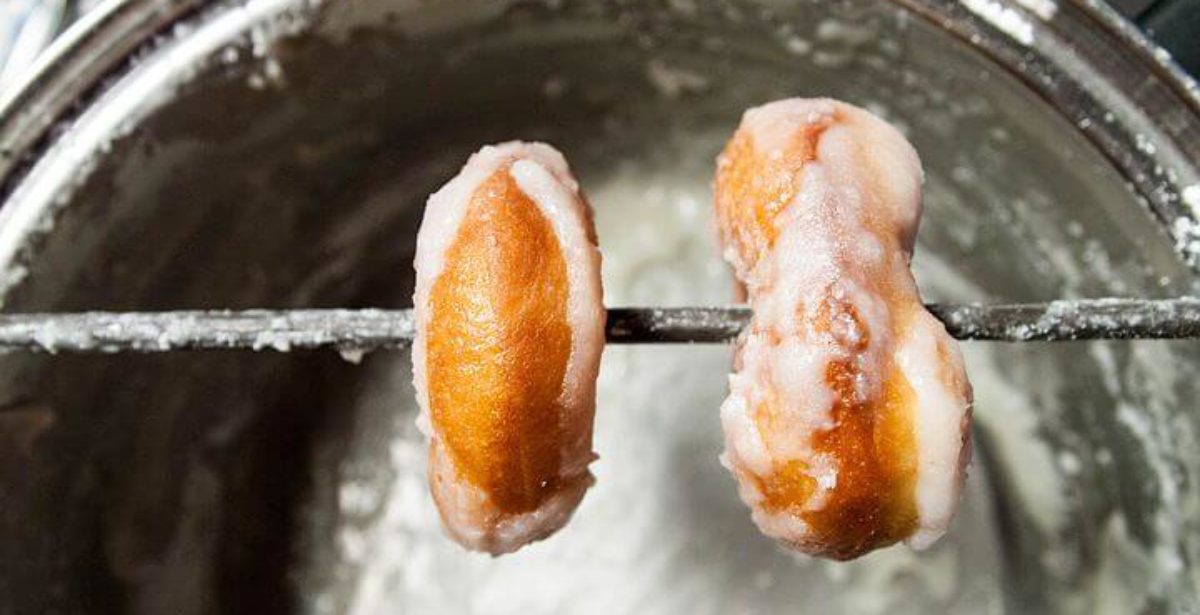
The news of the week laid a few things bare, and if you were a Trump voter in 2016 you’ve got to reconcile that choice with some uncomfortable truths.
You might like his tax cuts for the wealthy (and tolerate the swooning deficit). Okay.
You might support his hard-line stance on immigration. Fine.
You might like his business-friendly approach to regulation, his trade war, and maybe you feel his “Hulk smash” attitude on foreign policy is sound. Sure.
But that’s as generous a take as you’re gonna get after reviewing the results of Mueller’s investigation. Both his testimony Wednesday and his report released weeks ago demonstrated indisputably that a foreign adversary intervened in the 2016 election with the explicit intention of helping Trump win. Whether you were influenced by their efforts or not, your vote for Trump aligned directly with Russia’s wishes. What’s next for you?
As you wrap yourself in the flag at night you might want to ask yourself why this geopolitical foe preferred to seat this candidate versus the other. What does that say about this candidate (your candidate)? And after you’ve considered that, keep digging…does voting in concert with their desired pick permit you to claim “America First?”
The sovereignty-fetishists on the left ask only that you review the evidence on the table as 2020 approaches. As Mueller noted Wednesday, Russia’s efforts have continued without interruption and are ongoing (“they’re doing it as we sit here, and they expect to do it in the next campaign”). If our enemy wants this incurious goon in office for another four years, should you? Wouldn’t you like to get your nationalist on by pulling the lever for someone uncorrupted by foreign influence? If you voted for Trump in 2016 because of the reasons noted above…fine. But in 2020, you’re out of excuses. A vote for Trump is a vote for Russia. Patriot-card status: revoked.
(Note: Moscow Mitch and the Senate blocked legislation yesterday designed to secure our election processes from foreign intervention. Thanks again for supporting the team, GOP.)
The lawfare blog has a podcast that distills the key elements from the Mueller report into digestible segments. The first episode highlights the complex troll farm operation they deployed in order to deceive and confuse the American electorate. Worth a listen.
On another note, this interview with Neal Katyal is a good, quick read. He helped draft the special counsel regulations during the Clinton years, and the interview was done the day after the Mueller testimony. Early on he comments on the investigation’s inability to meet the criminal standard for collusion/conspiracy, and the absurdity of celebrating that near-miss:
“A shade shy of being a federal felon isn’t exactly a ringing endorsement.”
Ha. A good arrow to keep in the quiver as you debate the Stumps.

